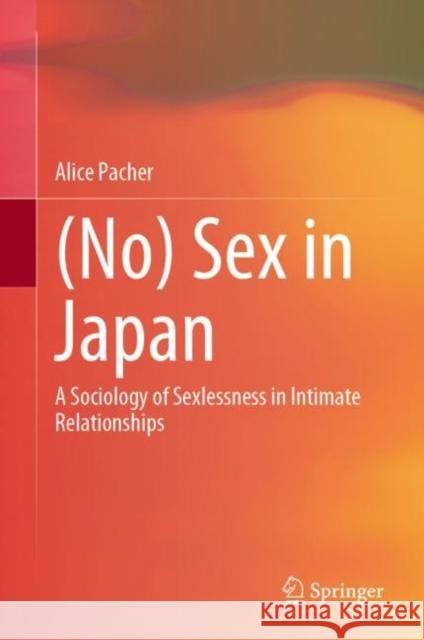(No) Sex in Japan: A Sociology of Sexlessness in Intimate Relationships » książka
topmenu
(No) Sex in Japan: A Sociology of Sexlessness in Intimate Relationships
ISBN-13: 9789811684630 / Angielski / Twarda / 2022 / 220 str.
(No) Sex in Japan: A Sociology of Sexlessness in Intimate Relationships
ISBN-13: 9789811684630 / Angielski / Twarda / 2022 / 220 str.
cena 423,10 zł
(netto: 402,95 VAT: 5%)
Najniższa cena z 30 dni: 421,13 zł
(netto: 402,95 VAT: 5%)
Najniższa cena z 30 dni: 421,13 zł
Termin realizacji zamówienia:
ok. 20 dni roboczych.
ok. 20 dni roboczych.
Darmowa dostawa!
Kategorie:
Kategorie BISAC:
Wydawca:
Springer
Język:
Angielski
ISBN-13:
9789811684630
Rok wydania:
2022
Ilość stron:
220
Waga:
0.48 kg
Wymiary:
23.39 x 15.6 x 1.42
Oprawa:
Twarda
Wolumenów:
01
Dodatkowe informacje:
Wydanie ilustrowane











